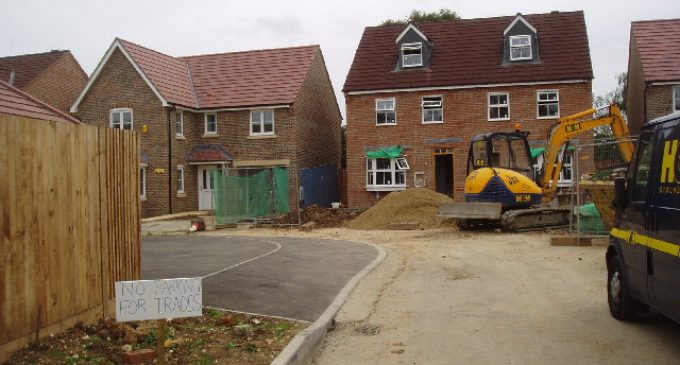Housing Completions of 18,655 Units Forecast For 2018

Strong growth is likely to persist in the Irish economy through 2018 and 2019. This is indicated by rising private consumption, increases in taxation receipts and continued declines in unemployment rates. The ESRI’s latest Quarterly Economic Commentary states that GDP is expected to grow by 8.9 per cent in 2018, followed by 4.5 per cent growth in 2019. Unemployment is expected to decline to 5.7 per cent in 2018 and 5.1 per cent in 2019. ESRI forecasts for 2019 are subject to the technical assumption that an agreement along the lines of the European Economic Area will exist between the UK and the EU after March 2019.
The revision to the growth outlook is due to two factors: the faster than expected rate of growth in domestic activity and multi-national related activity which has had significant implications for the Irish trade balance.
On the domestic economy, the underlying rate of activity as captured by consumption and modified investment, appears to be growing at a faster pace in 2018 than previously expected. Consumer spending has strengthened throughout 2018 and construction investment has also accelerated. Housing completions of 18,655 units and 24,500 units are forecast for 2018 and 2019, respectively.
Finally, the Commentary notes that, at present, there are two reasons why a neutral fiscal policy (one that neither contracts nor stimulates the economy) may be preferable. Firstly, the presence of key infrastructural deficits in Ireland such as in the public housing area requires significant investment by the State. Undertaking such investment can add to the productive capacity of the economy, and reduce the increase in housing costs which presently pose a significant challenge to domestic competitiveness.
Secondly, introducing an explicitly contractionary budget, when the risks of a no-deal Brexit scenario are quite high, may amplify the potential fallout from an economic downturn and hence reinforce the shock on the economy rather than insulate it.







